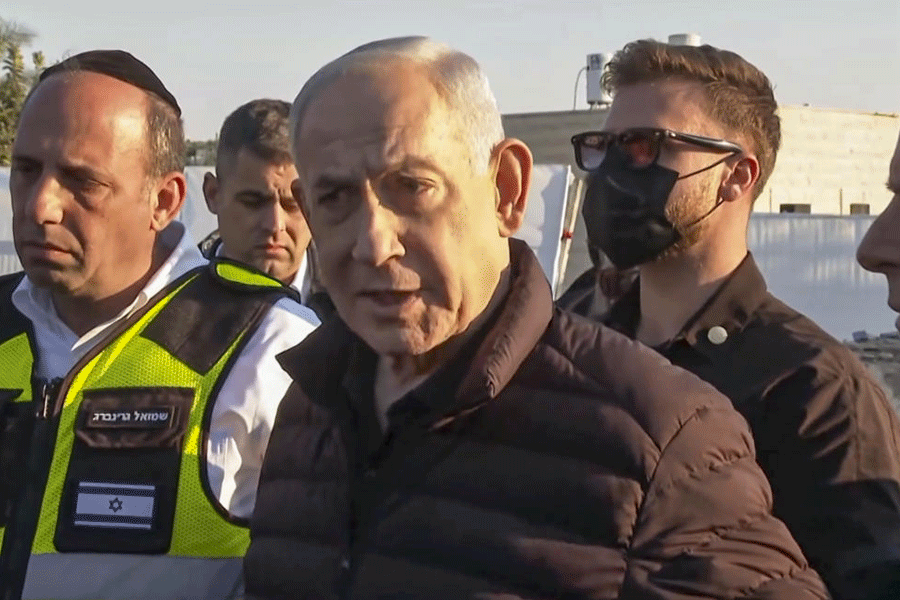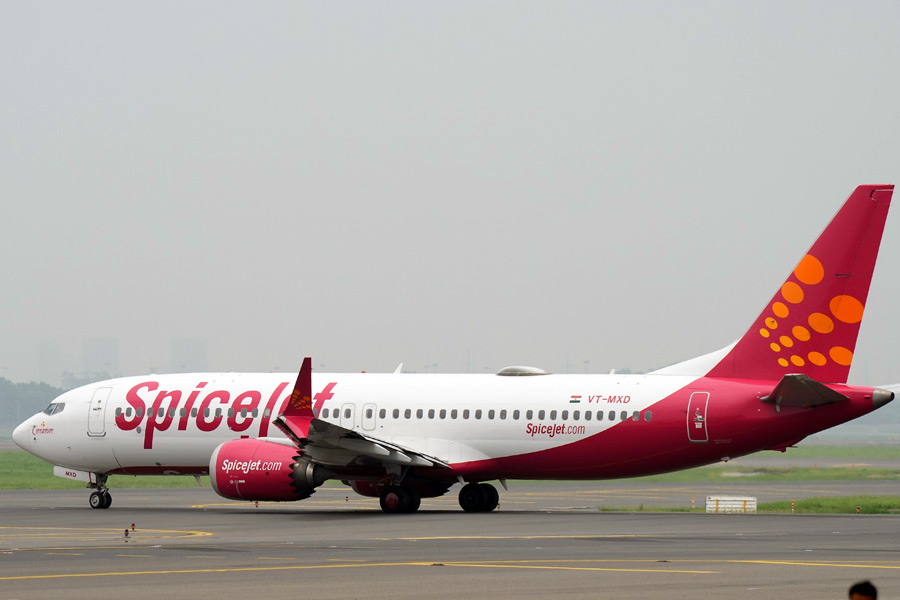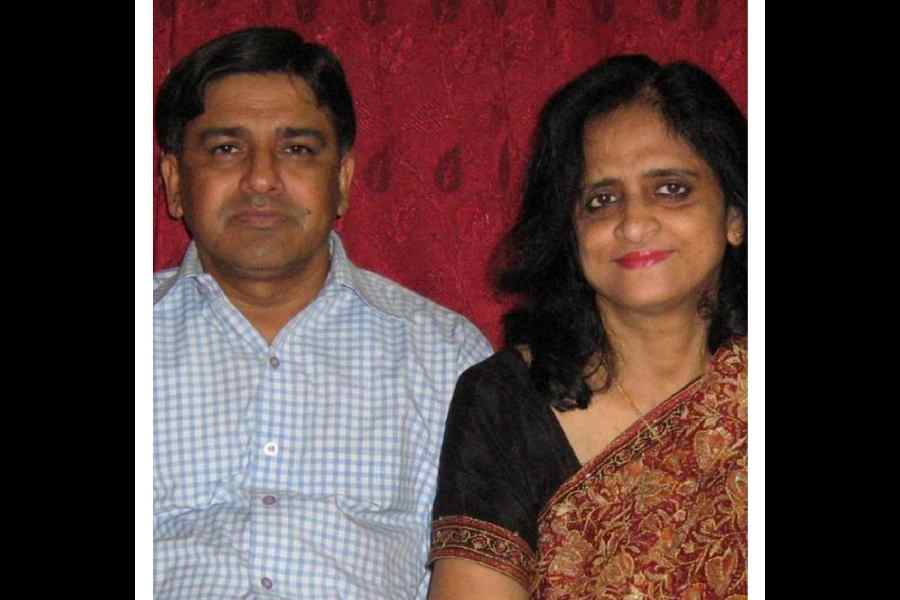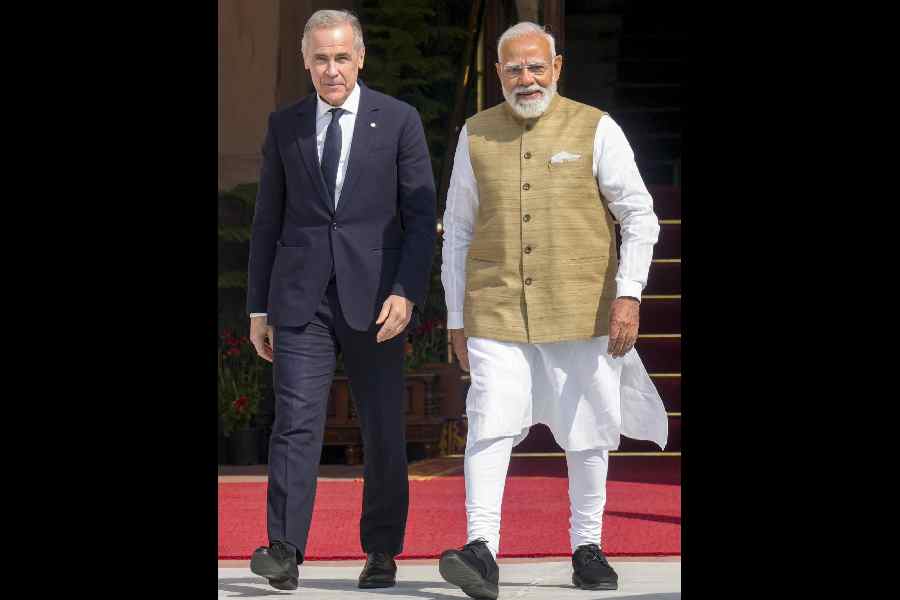 |
| A tourist tastes Assam tea at the tourism festival in Jorhat on Friday. Telegraph picture |
Jorhat, Nov. 26: The cup that cheers in all its varieties overfloweth at the Assam Tea Tourism Festival 2010 which began at Court Field here today but there were few takers in the inaugural session this morning.
The lone tourist from abroad, Paul Walton from Manchester, UK, who had come to Kaziranga National Park and came here last evening “after reading about the festival in the newspapers,” had his wish fulfilled by tasting a selection of Indian teas on offer at a tea-tasting stall.
“I did not know much about what Assam has to offer by way of teas because the first cup of tea I ordered in the hotel at Kaziranga was Tetley, the same thing we buy in England. It seems I came all the way from England just to taste Tetley,” Walton said.
Walton also found Assam less “touristy” than Darjeeling in promotion of teas. “In Darjeeling you will find a number of stalls and even people lining the roads and selling Darjeeling tea in packets but when I came here I did not see a single shop selling Assam tea.”
Walton said the tea favoured in England was mostly Assam tea blended with other teas. “We get all kinds of teas there — Chinese, Kenyan, Sri Lankan and Indian — but Englishmen prefer the strong black tea as found in Assam.” He would also like to take a conducted tour to a tea plantation here to see the colonial lifestyle “which we have already shed”.
Assam forest and tourism minister Rockybul Hussain “nostalgia tourism” could help promote tea tourism in the state. Inaugurating the festival this evening, he said the government would encourage the tea industry for better upkeep of the heritage garden bungalows.
Ravi Suchanti, the director of the world’s largest tea broker house, J. Thomas and Co. Pvt Ltd, was there at the tea tasting stall set up by the Tea Board India to initiate visitors on the finer points of tea tasting. “The proper taste can be had if 2.5ml of tea is dipped in 150ml of hot water for five minutes, covered and then strained,” he said, showing how black tea was prepared and then how much of milk was to be added.
Ramen Gogoi, a tea taster attached to the world’s oldest tea research centre, the Tocklai Experimental station here, pointed out the different grades of tea which could be had from the five natural teas — CTC, instant, oolong, green and white teas.
At the Assam Agricultural University stall, M. Taparia, the coordinator for small tea growers’ advisory programme, said tea grown in the Brahmaputra valley was the world’s premium tea with strength and punch, the flavour came from Darjeeling tea, tea grown in Cachar tasted “different” while south Indian tea lacked both punch and flavour.
Besides tea, the festival also offered ethnic food in stalls decorated like chang ghars and huts. Mising, Karbi Langpi, Assamese, Deori and Thengal Kachari delicacies — mostly duck and pork cooked with bamboo shoots — vied with each other to draw in the crowds.










